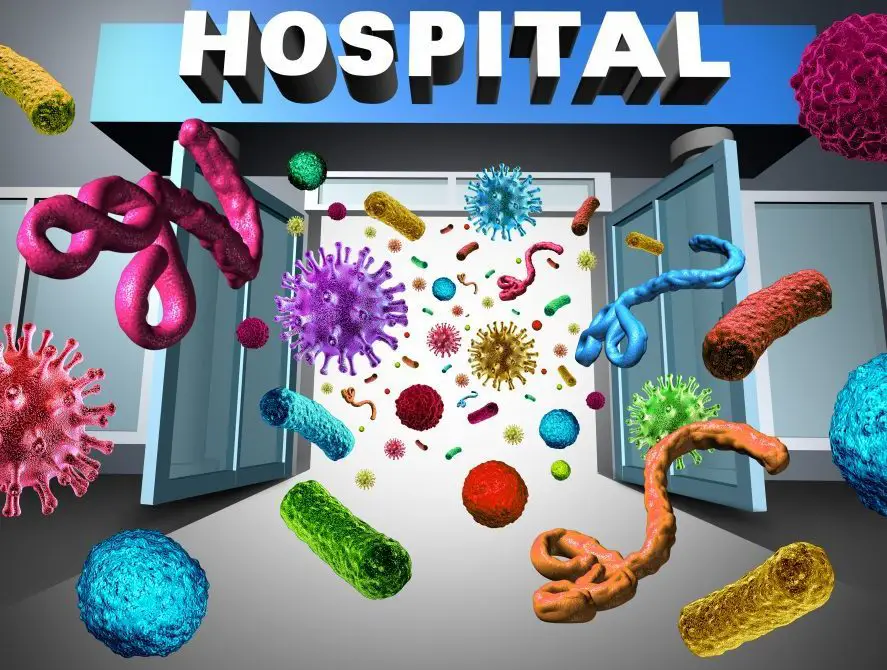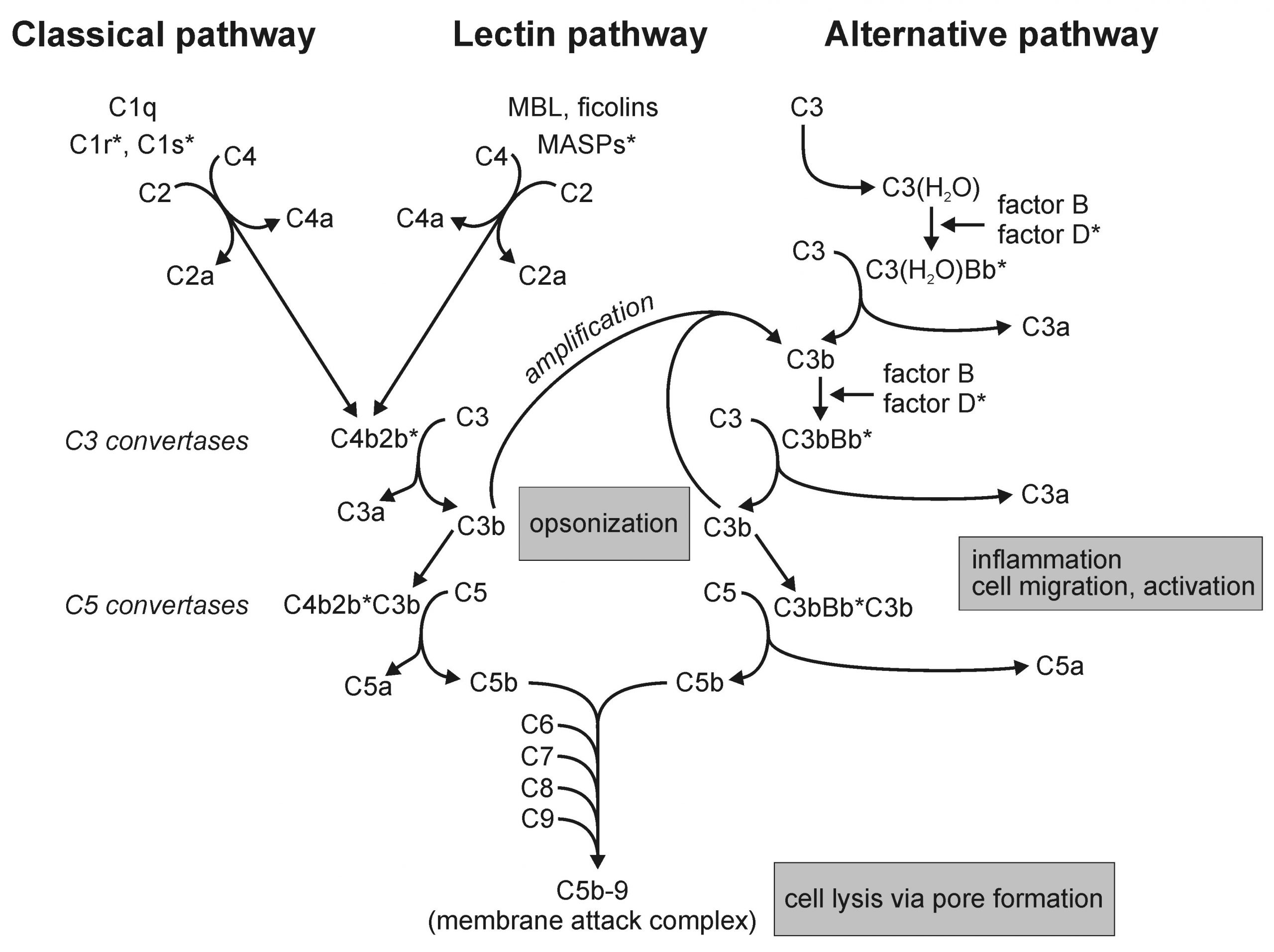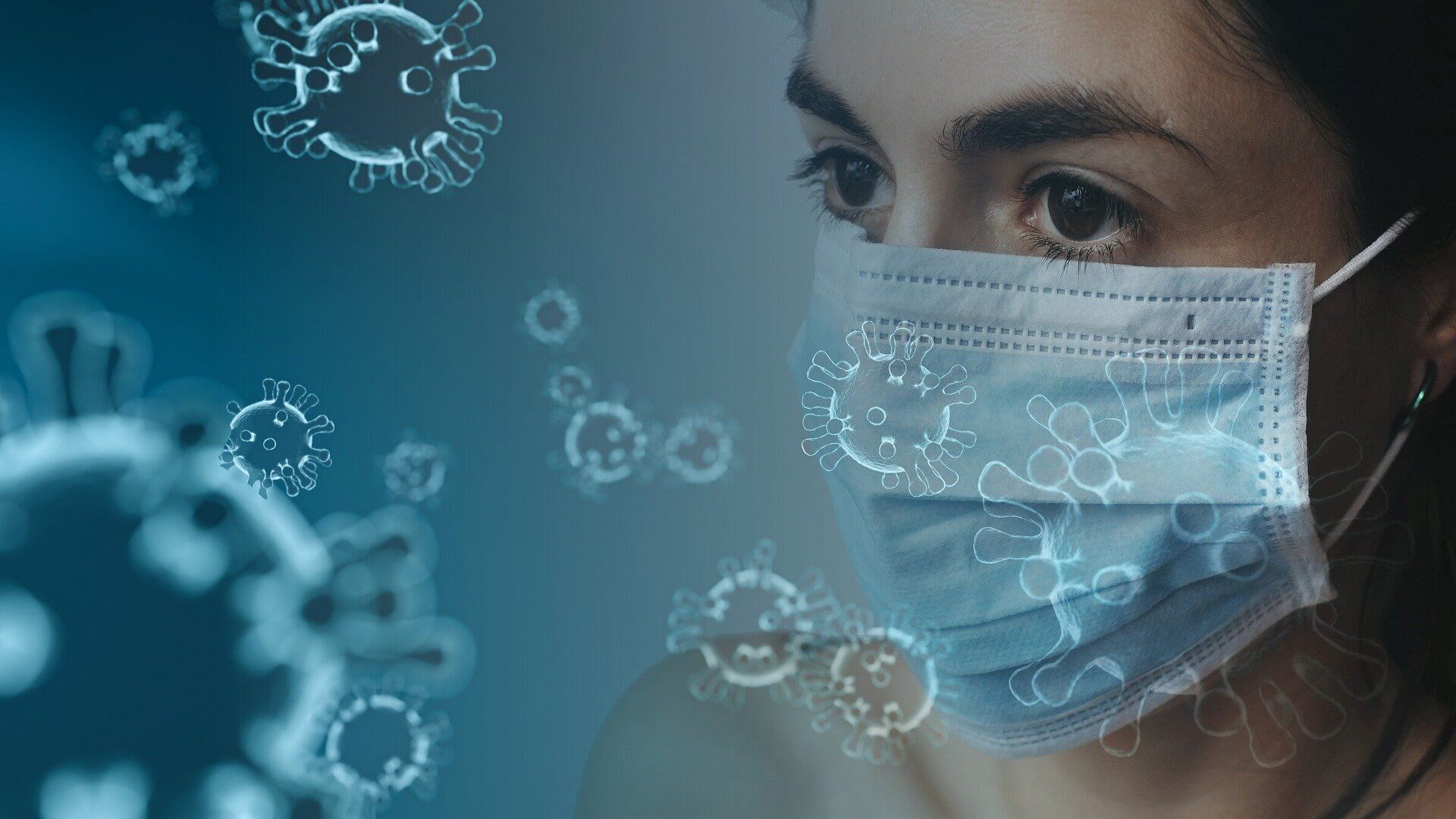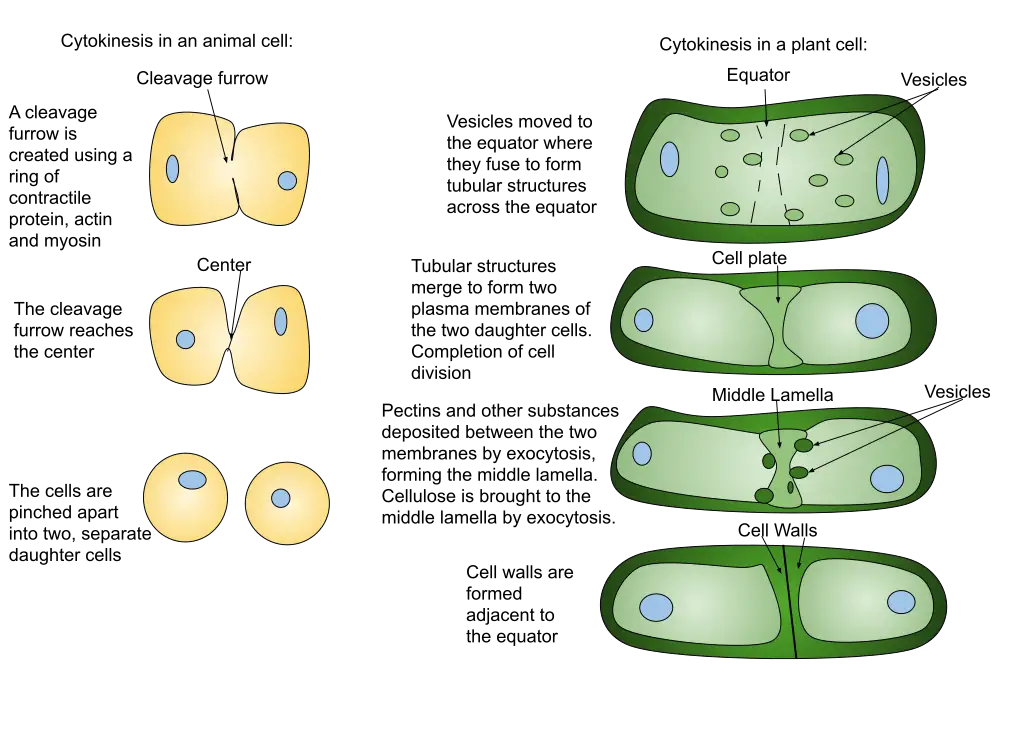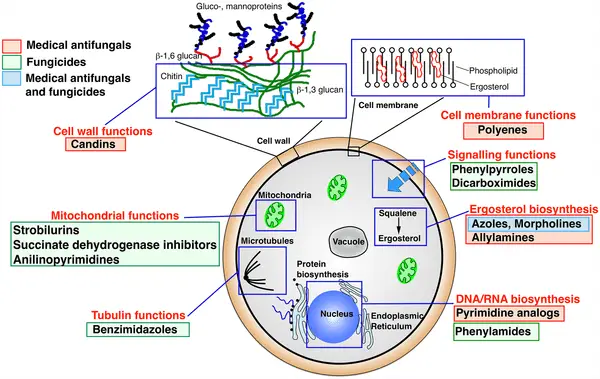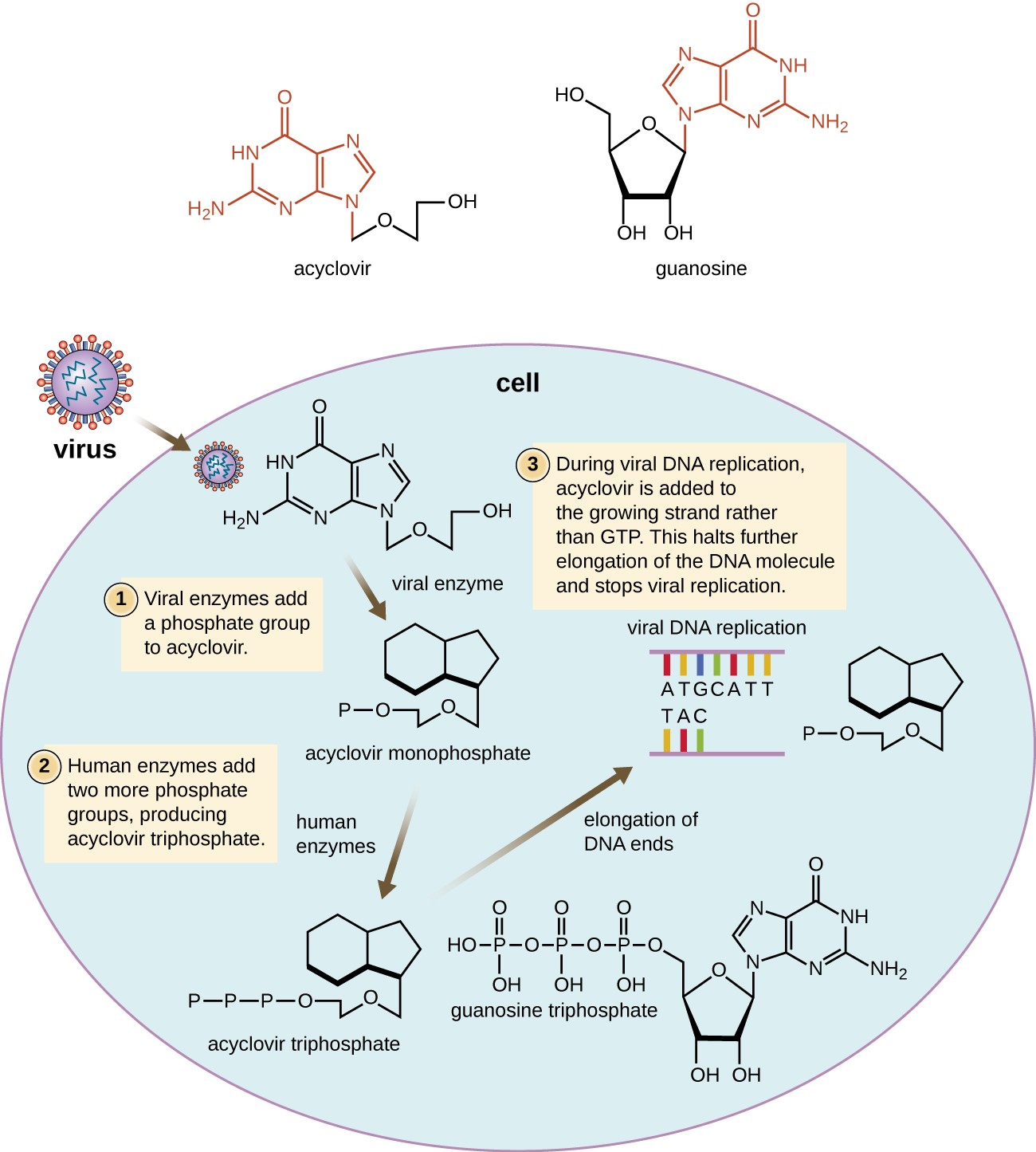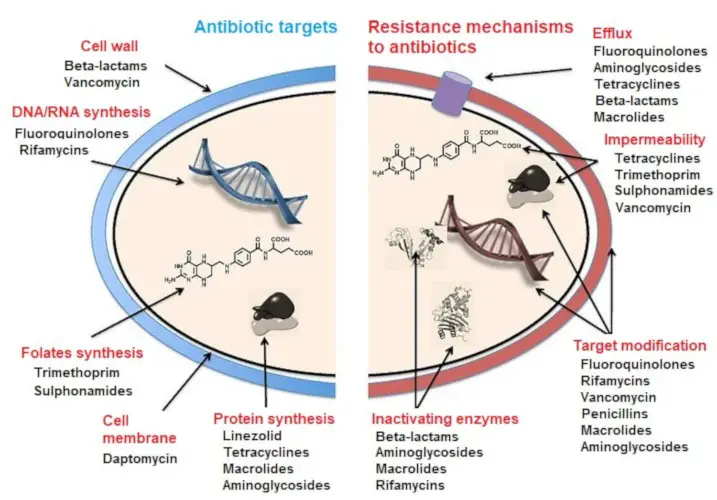Nosocomial Infection – Prevention, Source, Transmission
A nosocomial infection, also known as a hospital-acquired infection, is an infection that a patient contracts during the course of receiving treatment for another condition in a healthcare setting such as a hospital, nursing home, or clinic. Nosocomial infections have been a significant problem throughout history, with reports of healthcare-associated infections dating back to the … Read more
